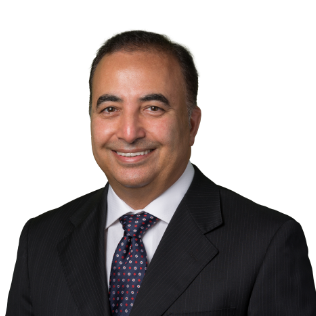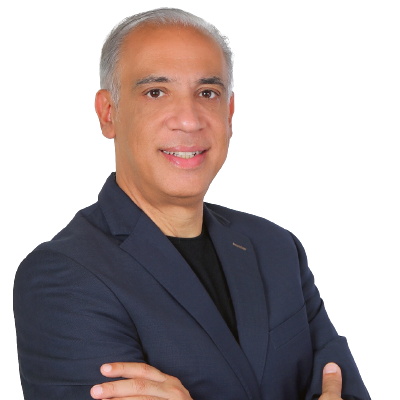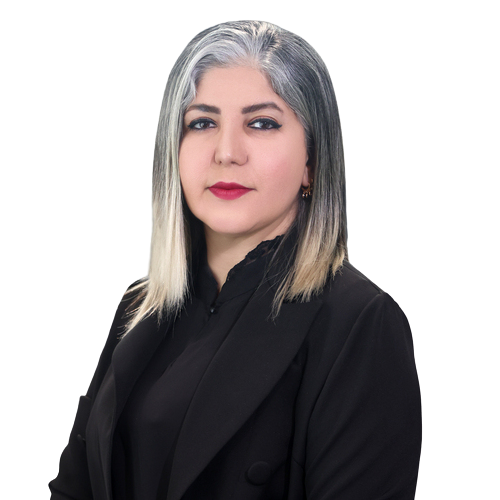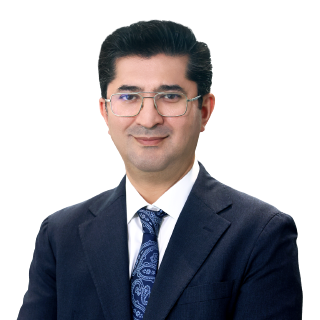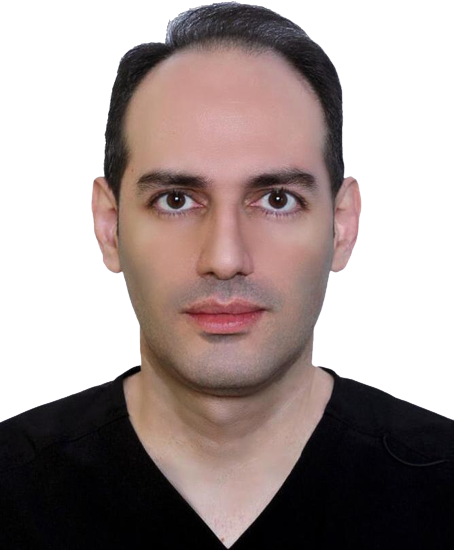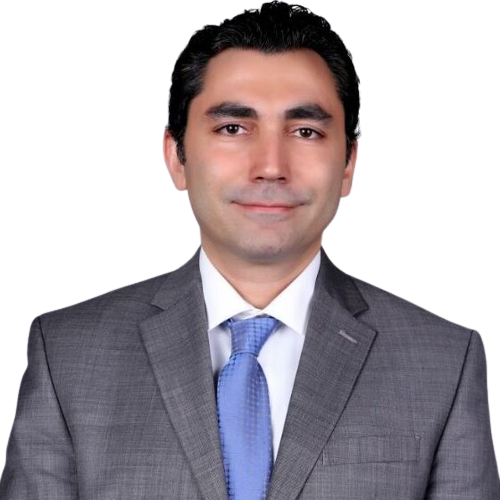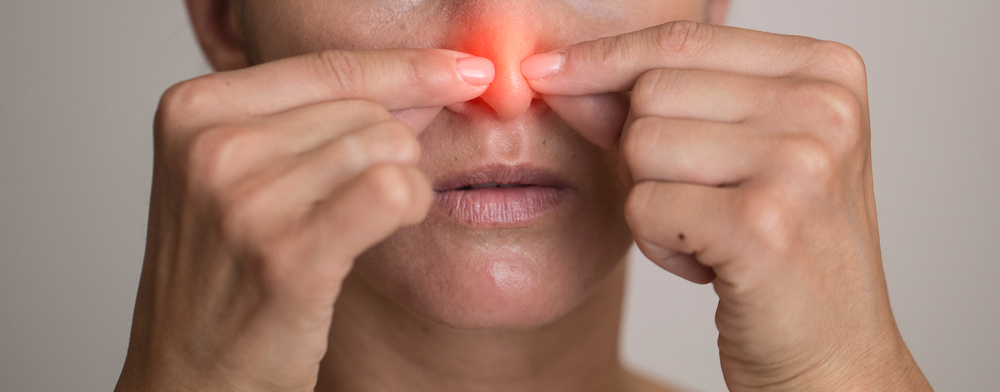Tooth Crown (Dental Crowns): What Are They, Types, Procedure & Care
Written By: Dr. Nidhi Beri
Updated On:February 15, 2024
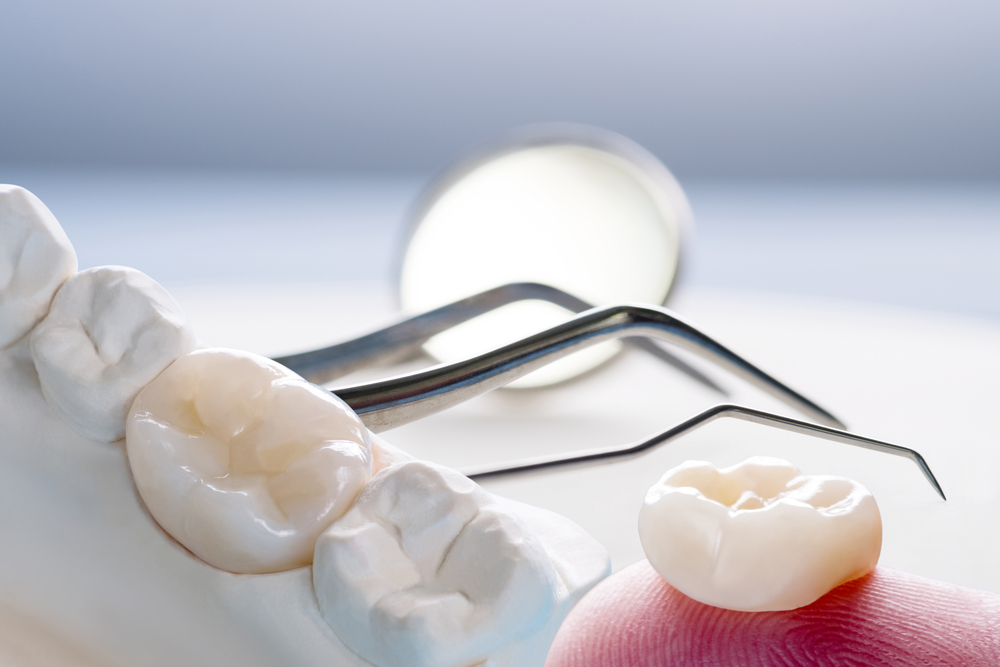
What are Dental Crowns?
Over time, damage to your teeth is possible. This could be brought on by a variety of factors, such as wear and tear, trauma, or dental decay. Teeth can therefore alter in size or shape. Dental crowns are tooth-shaped "caps" that fit over your natural teeth. The tooth's original size, shape, strength, and appearance are restored by the crown. Your teeth are glued to the dental crown, which protects the visible portion of the tooth.
When to see a doctor for Dental Crowns?
You may need dental crowns for a variety of reasons, which include the following:
- Preventing a tooth that is at risk of breaking due to decay or holding the tooth together if it is broken in some places
- Repairing a tooth that has been extensively damaged or worn down
- A tooth that has a big filling covering and supporting it, with little natural tooth remaining
- Maintaining a dental bridge in position
- Covering teeth that are badly stained or malformed
- A dental implant's covering
- Covering a tooth that has undergone root canal therapy
What are dental crowns made of?
There are numerous materials that may be used to create permanent crowns. These materials may consist of the following:
- Metal: Dental crowns can be made from a variety of metals, including gold, palladium, nickel, and chromium. The least prone to crack or chip, wearing down slowly, and requiring only a little amount of tooth removal are metal crowns. They can also withstand biting and chewing pressure. The primary drawback of this type of crown is its shiny appearance. For molars that are not visible, metal crowns are a great option.
- Porcelain-fused-to-metal: The color of the teeth next to the dental crown can be matched with porcelain-fused-to-metal crowns. Their teeth are more naturally colored. Yet, occasionally a dark line can be seen as the metal underneath the porcelain crown cap. Additional drawbacks include the potential for the porcelain piece of the crown to chip or break off and the crown wearing down the teeth next to it in the mouth. The teeth that touch the crown on the top and bottom of your mouth while it is closed are particularly affected by this wear on the other teeth. Dental crowns made of porcelain fused to metal may be a viable option for front or back teeth.
- All-resin: Dental crowns constructed entirely of resin are typically less expensive than other types of crowns. They are more likely to break than porcelain-fused-to-metal crowns, but they deteriorate over time.
- All-porcelain: Compared to other crown varieties, all-ceramic or all-porcelain dental crowns offer the closest resemblance to natural tooth color. They're also a wise choice if you're allergic to metal. They lack the strength of porcelain-fused-to-metal crowns, nevertheless. Also, unlike metal or resin crowns, they have the potential to somewhat wear down the teeth next to them in the mouth. Front teeth are a suitable candidate for all-ceramic crowns.
- Pressed ceramics: Dental crowns made of pressed ceramic have a tough inner core. Dental crowns made of pressed ceramic take the place of the metal liners used in all-ceramic crown production. Porcelain is used to cap pressed ceramic crowns because it offers the closest natural color match. They survive longer than a crown made entirely of porcelain.
Tooth Crowns Procedure
Normally, two dental appointments are required to get ready for a dental crown.
On the first visit, the tooth that will get a crown is examined and prepared. An X-ray is taken of the tooth and the surrounding bone. Before fitting the dental crown, your dentist might need to conduct one of the following procedures:
- decaying teeth
- infection concerns
- damage to the pulp of the tooth
The tooth that will receive a crown will have its top and sides filed down. This will free up room for the actual crown. Depending on the type of crown you have, different amounts of tooth must be filed away. Dental crowns made entirely of metal are less invasive than those made entirely of porcelain or porcelain bonded to metal because they are thinner. It is possible to "build up" enough tooth structure for the crown to cover if too much of your tooth is gone due to injury or decay.
When the tooth has been reshaped, a paste is used to create a replica of the tooth that will support the crown. These are known as imprints. Moreover, impressions will be taken of the teeth above and below the tooth that will get a dental crown. To ensure that the crown won't alter your bite, this is done.
The imprints are sent to the dental lab. The crowns are then created in the laboratory and often delivered to the dentist's office in two to three weeks. Your dentist will create a temporary crown during this initial appointment to cover and safeguard the prepared tooth while you wait for the permanent one.
Your tooth receives the permanent crown at the second appointment. First, the temporary crown is taken off, and the permanent crown's fit and color are examined. If everything is in order, a local anesthetic (sometimes known as a "numbing" medication) may be given to numb the tooth before the new crown is firmly affixed.
Tooth Crowns Complications
On average, dental crowns endure between five and 15 years. How much a crown endures and how well you maintain proper oral hygiene can all have an impact on how long a crown lasts.
If not taken care of properly and if the procedure was not conducted by a professional, your crown may eventually develop a number of problems, such as:
- Discomfort and lack of sensitivity
- Chipped crown
- Loose crown
- Allergic reaction
- Dark line adjacent to the gum line on a crown
The care of a crowned tooth does not require a special procedure. The underlying tooth must still be guarded against decay or gum disease, though. You should keep up your decent dental hygiene habits because of this. Included in these routines are brushing your teeth twice a day and flossing once a day, particularly in the region of the tooth's crown where the gum meets the tooth. Moreover, to prevent the porcelain from shattering, refrain from biting on hard objects when wearing a porcelain crown (such as chewing ice or popcorn hulls).
References
Brunton, P. A. (2007). Planning and making crowns and bridges.
Camargo, P. M., Melnick, P. R., & Camargo, L. M. (2007). Clinical Crown Lengthening in the Esthetic Zone: An Overview of Treatment Modalities and Their Indications. Journal of the California Dental Association, 35(7), 487-498.
Thompson, V. P., & Rekow, D. E. (2004). Dental ceramics and the molar crown testing ground. Journal of Applied Oral Science, 12, 26-36.
Wierichs, R. J., Kramer, E. J., Reiss, B., Schwendicke, F., Krois, J., Meyer-Lückel, H., & Wolf, T. G. (2021). A prospective, multi-center, practice-based cohort study on all-ceramic crowns. Dental materials, 37(8), 1273-1282.
Meet our doctors from the Dentistry department











